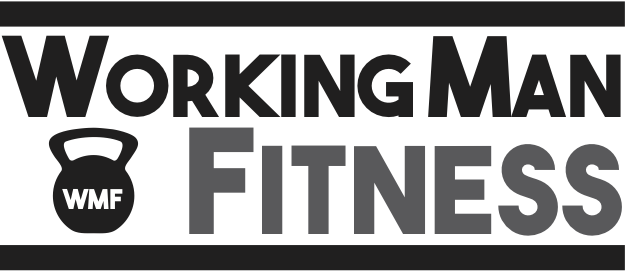Recently I gave Facebook the boot. I started catching myself too many times scrolling through the “news” feed. Lame. Kind of like watching a soap opera.
Of course, there are other time wasters out there and I simply don’t have the option to cancel my account so to speak. So I’ve developed the habit of asking myself, “What are you doing?”
Reading a news article – “Why am I reading this?”
Reading a book – “Why am I reading this book? Do I need to read the whole thing?”
Just stuff like this.
And when I exercise – “What is my intent behind this exercise? What do I want the result to be? Am I giving my exercises my full concentration?”
The “What am I doing” question is great to ask at any time. In a meeting – “What am I doing? Am I even paying attention?”
The book Red Gold talks about attention control and I’ve detailed some of the amazing exercises on my Red Gold review page.
Red Gold shows how mental skills lead to success. The author, Grigori Raiport, at one point says their research indicated that the successful people they studied all had average IQs, but had great self-discipline. (Whereas people with high IQs and low self-discipline were unsuccessful in comparison.)
Do you have the self-discipline to direct your thoughts and avoid stray thoughts? What are stray thoughts? You know—you’re in a meeting and you’re thinking about what a beautiful day it is. Or, you’re at a public place and you’re distracted by a beautiful woman. Or you’re in the weight room watching the news.
As Jack Welch would say, “We need more brains in the game.” If you’re dissatisfied with anything—anything at all—you owe it to yourself to put the full energy of your mental resources into fixing it—even if you’re just fixing it in yourself. You sure as hell can’t solve it if you’re not using your full capacity.
Instead, many people simply use mental crutches like Facebook, TV, alcohol, and food to drown the dissatisfaction and try to make it go away.
In Neo-Tech philosophy books, they frequently cite an acronym, DTC. Discipline, thought, control. Consciousness is our highest attainment, Neo-Tech would say, and our use of substance or distraction only inhibits us from capitalizing on the power of our conscious brain—and we therefore live our lives unconsciously, in a sort of sleep–an unthinking following mode.
Dropping off the extraneous time wasters and distraction tools can be a little painful at first. You might wonder who you are and what you are doing. You might wonder whether the things you like are simply cultural preferences that you’ve simply gone along with for convenience. You might wonder if you’re just doing things to please people around you and avoid confrontation.
It’s easier to avoid the painful emotions we suppress via distraction and intoxication. But there’s a huge advantage to facing them head on—major progress and satisfaction and joy through the unfoldment of consciousness.
In the distraction and attention control department, we all have a lot of work to do. Let’s get to it!
